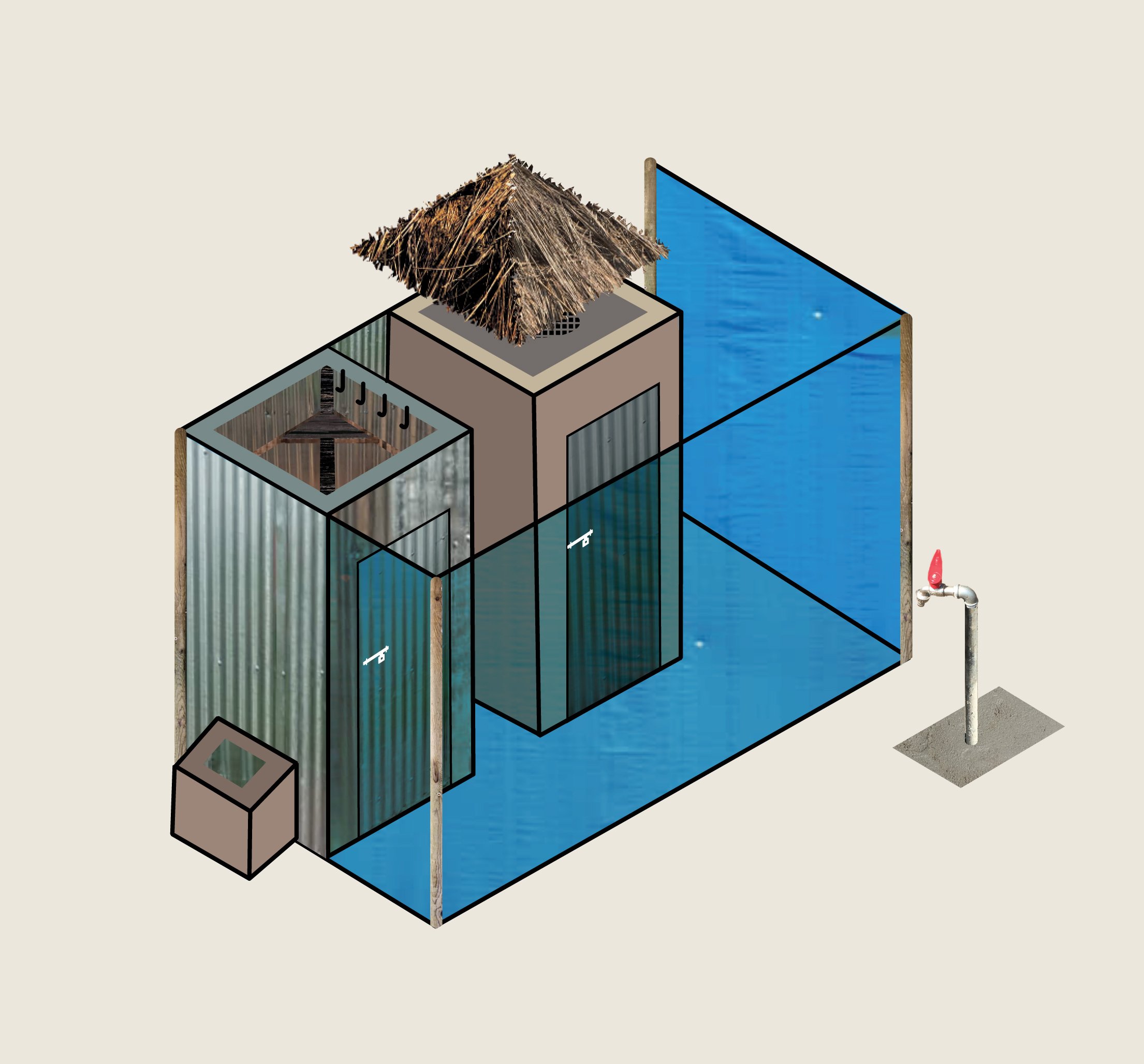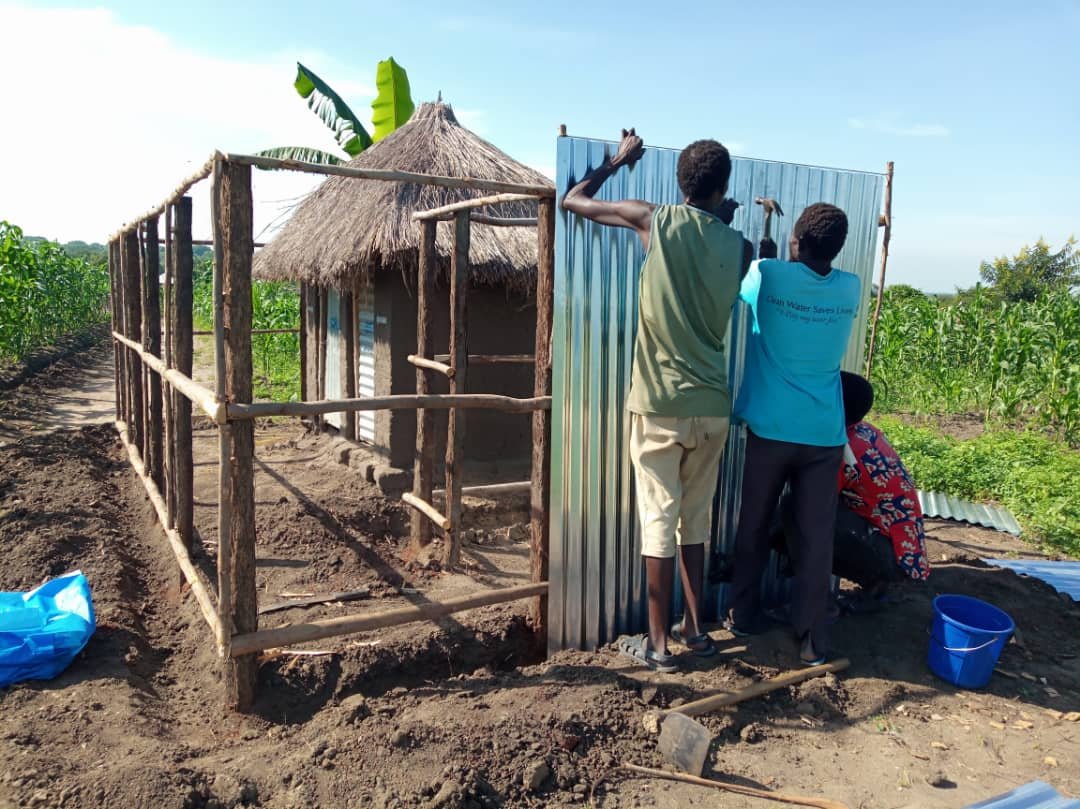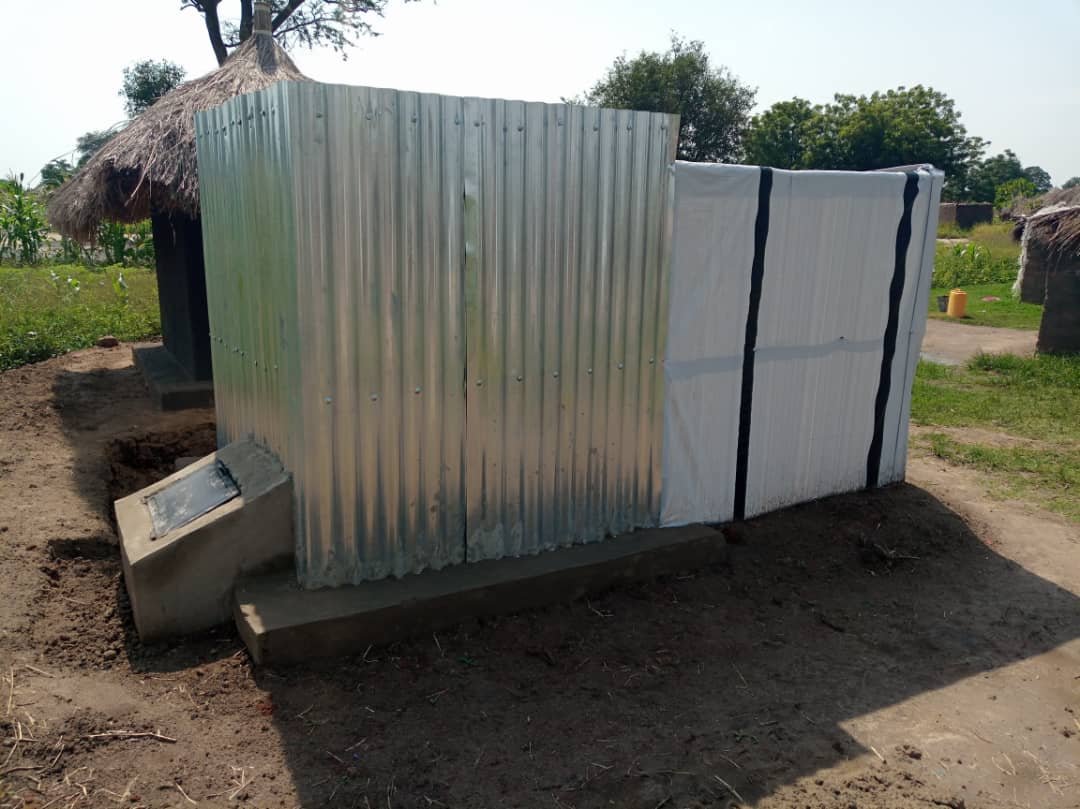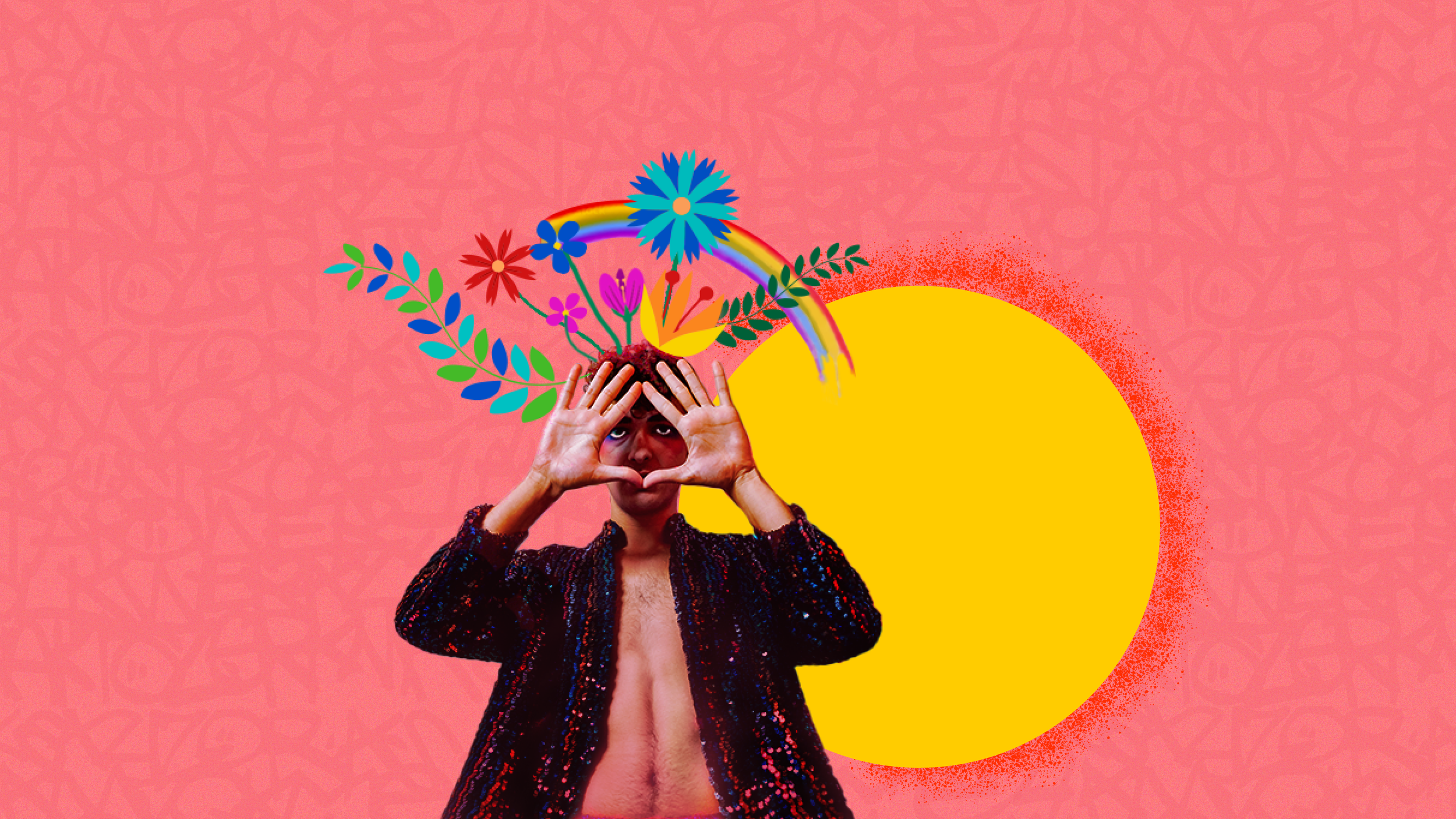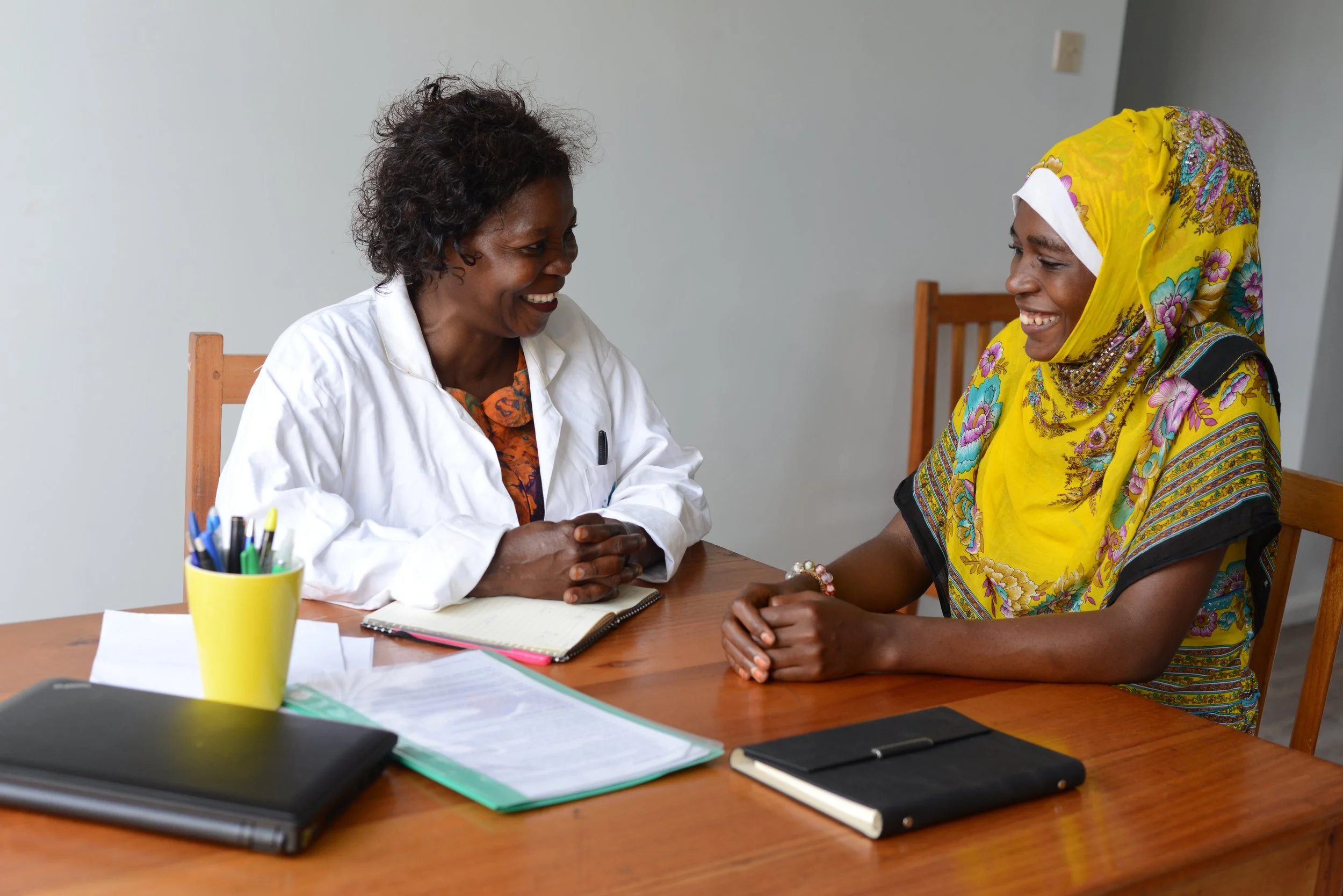Cocoon
Designing safe spaces and services for managing menstruation among displaced populations
Project:
Cocoon
Location:
Bidi Bidi Refugee Settlement, Uganda
Funders:
Elrha
Partners:
Alight
Kuja Kuja
Category:
Sexual & Reproductive Health
Challenge
Limited access to sanitary pads, washing supplies, and safe, private, accessible spaces for managing one’s menstruation is a pressing problem for women and girls, affecting an estimated 3 million women and girls living in refugee camps. The lack of appropriate spaces and services can have significant health and psychosocial implications. It can affect their ability to actively participate in a community. It can prevent young girls from going to school, or women from accessing essential services such as water, food, or health provisions, if they are confined to their homes.
Latrines and water points are among the most dangerous areas mapped by communities, and facilities in schools are inadequate. Current sanitation facility design does not take into account these challenges nor meaningfully engage women. Together with young women and girls, our team in Uganda set out to design safe spaces and services for managing menstruation among displaced populations in Bidi Bidi camp, Uganda, the second-largest refugee settlement in the world.
“When we were brought here as refugees, it was really difficult because we as women started life from scratch. Many women are getting infections because of poor hygiene, using rags, dirty clothes, no proper bathing.”
Opportunity for Design
YLabs is working together with women, girls, and community partners to design safe spaces to support menstrual health in Bidi Bidi camp, Uganda, the second largest refugee camp in the world. In 2021, YLabs partnered with Alight (formerly American Refugee Committee) and Kuja Kuja and commenced the pilot stage of the Cocoon project with the goal of constructing 20 Cocoon Mini units in the Bidi Bidi Refugee Settlement.
The Cocoon Mini is a semi-permanent latrine and bathing area that is built within household compounds, serving about 15-20 menstruators each. Along with the private latrine, the Mini includes areas for showering and laundering, with direct water access. The entire concept is meant to create a process which streamlines and safeguards the menstruators’ experience.
For details on how we continued community design work during the challenges of 2020, read here.
Next Steps
Design research, co-design, and rough prototyping of potential concepts was completed in 2020 with 61 participants.
Accounting for safety during the pandemic, a hybrid model of rough and live prototyping combined was adopted in February 2021. Four prototypes were tested in a rough setting and two of those four prototypes were tested in a live setting over a three-week period with 84 participants to determine desirability, feasibility, scalability, and impact potential.
The Launchpad prototype examined the feasibility and desirability of a community-run social enterprise that hires and upskills young women to make reusable pads
In May 2021, 20 ‘Cocoon Mini’ units were constructed for a pilot study. Each was positioned to serve 15-20 menstruators and reached roughly 300 menstruators through the three-month pilot period. Usage data was gathered from 193 community members.
In total, 338 members of the Bidi Bidi settlement took part in the research, co-design, prototyping, and pilot of the Cocoon project; 293 of these participants were youth and 45 were community stakeholders (e.g. parents, guardians, male peers, community leaders, humanitarian actors).




